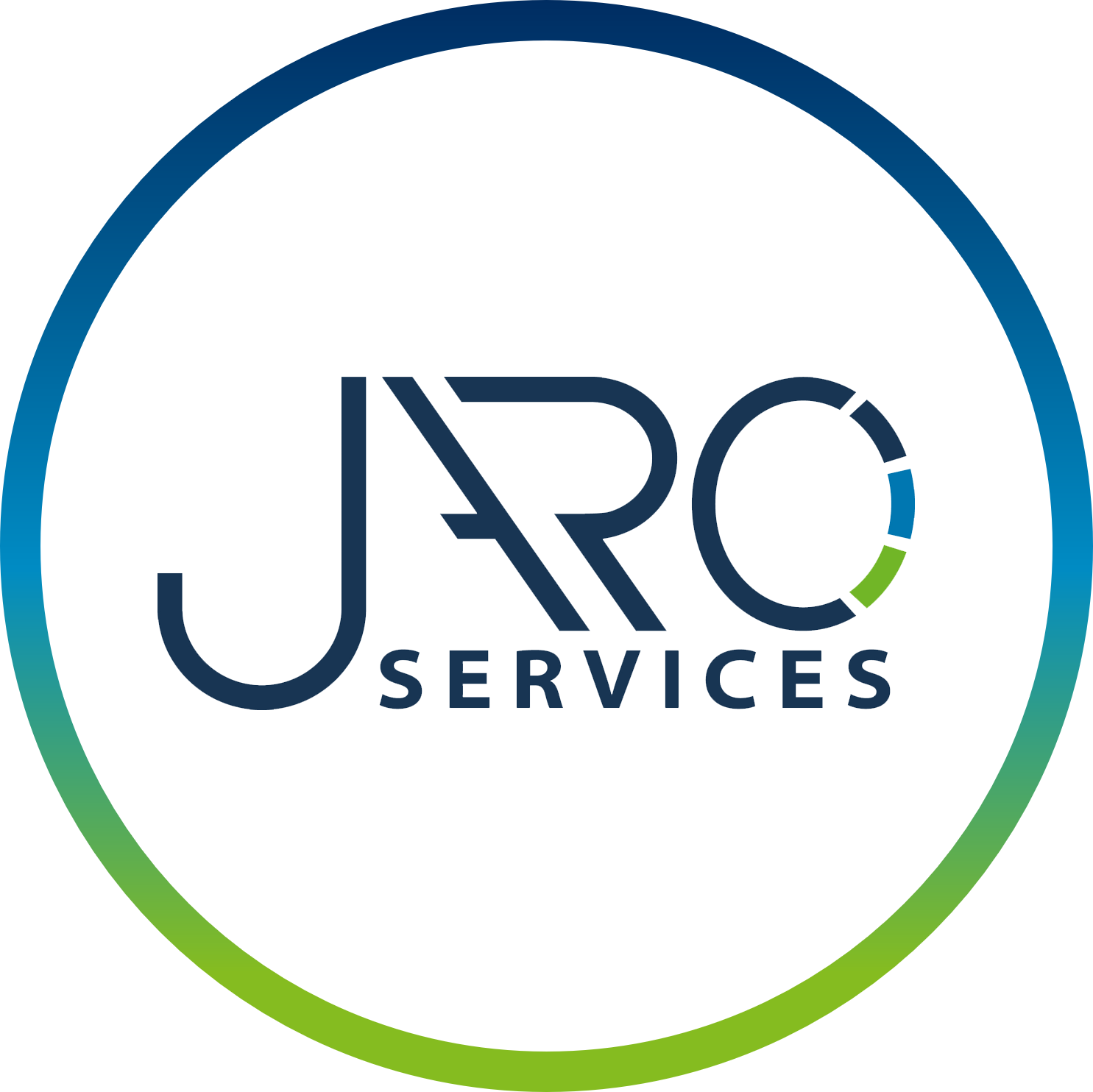
The JARO Academy
We are proud to offer, through the JARO Academy, the first and so far only e-learning focused on sustainable procurement. Whether it’s just for you or for your entire team: available as individual modules or as certificate courses with in-person components at the IEDC Bled School of Management.
You too can become a Certified Sustainable Procurement Professional.

Carbon Border Adjustment Mechanism (CBAM)
The EU Carbon Border Adjustment Mechanism (CBAM): A crucial piece of the puzzle in the European Green Deal. What is CBAM? The Carbon Border Adjustment Mechanism (CBAM), an advanced environmental policy instrument of the European Union, aims to create a level playing field for domestic and foreign producers by introducing equal carbon costs for imported and domestically produced goods. At the heart of the CBAM is the levying of an emissions price on certain products manufactured outside the EU to ensure that these goods reflect the same carbon prices as those borne by producers within the EU. This instrument is a direct response to the challenges of climate change and supports the EU's ambitious target of reducing CO2 emissions by 55% by 2030 compared to 1990 levels, as part of the "Fit for 55" package. By internalizing the cost of CO2 emissions from the production of certain goods outside the EU, CBAM works hand in hand with the European Emissions Trading System (EU ETS) - the heart of EU climate policy. It specifically addresses the risk of "carbon leakage", i.e. the relocation of CO2-intensive production processes to countries with less stringent emissions standards in order...
Carbon Border Adjustment Mechanism (CBAM)
Carbon Border Adjustment Mechanism (CBAM) A crucial piece of the puzzle in the European Green Deal What is CBAM? The Carbon Border Adjustment Mechanism (CBAM), an advanced environmental policy instrument of the European Union, aims to create a level playing field for domestic and foreign producers by introducing equal carbon costs for imported and domestically produced goods. At the heart of the CBAM is the levying of an emissions price on certain products manufactured outside the EU to ensure that these goods reflect the same carbon prices as those borne by producers within the EU. This instrument is a direct response to the challenges of climate change and supports the EU's ambitious target of reducing CO2 emissions by 55% by 2030 compared to 1990 levels, as part of the "Fit for 55" package. By internalizing the cost of CO2 emissions from the production of certain goods outside the EU, CBAM works hand in hand with the European Emissions Trading System (EU ETS) - the heart of EU climate policy. It specifically addresses the risk of "carbon leakage", i.e. the relocation of CO2-intensive production processes to countries with less stringent emissions standards in order to avoid the strict...
The German Supply Chain Due Diligence Act (LkSG)
The German Supply Chain Due Diligence Act (LkSG) From obligation to opportunity In 2011, the UN Guiding Principles on Business and Human Rights established new standards for the protection and promotion of human rights within the business world. Based on the pillars of "Protect", "Respect", and "Remedy", they provide a comprehensive framework for businesses to minimize the negative impacts of their activities on human rights. Germany embraced this initiative and passed the Supply Chain Due Diligence Act (LkSG), which translates these principles into binding national law and obligates companies to design and monitor their supply chains accordingly.The pillars of the UN Guiding Principles and their implementation in the LkSGThe Supply Chain Due Diligence Act specifies the demands of the UN Guiding Principles and establishes clear requirements for companies:Protect: The governmental responsibility to protect human rights is underscored by obligating companies to monitor their business practices and those of their suppliers to prevent human rights violations.Respect: Companies are required to take proactive measures by conducting due diligence assessments to identify and address risks of human rights violations.Remedy: The introduction of grievance mechanisms is intended to provide affected parties with the opportunity to report violations and seek redress.Core requirements of...

